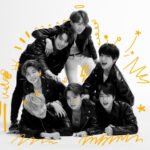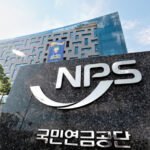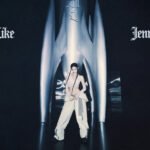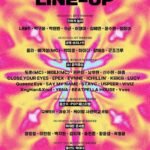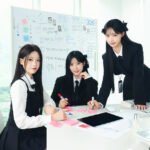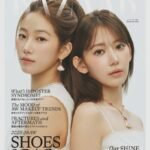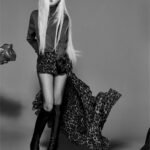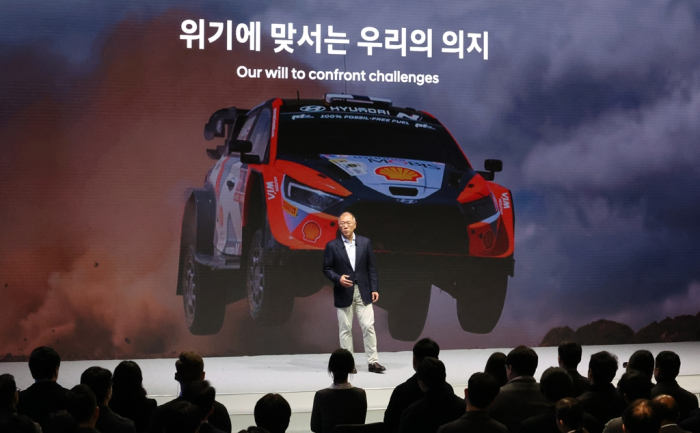
Hyundai Motor Group Executive Chairman Chung Euisun on Monday urged executives and employees to guard against a pessimistic attitude amid a “perfect storm” of economic crises.
While referring to the current difficulties at home and abroad as a perfect storm, he said: “Many challenges lie ahead – challenges we cannot avoid.”
“We don’t need to feel intimidated by the uncertainties and difficulties before us. When there are no crises, we risk becoming complacent in optimism, which can be more dangerous than any external threat,” the chairman of South Korea’s top automaker said in his New Year’s message during the automotive group’s New Year’s gathering at Hyundai Motorstudio Goyang, north of Seoul.
“We have always faced crises and overcome them brilliantly, emerging even stronger in the process,” he said. “Terms like perfect storm should heighten our alertness and strengthen our resolve, not push us into defensive postures that neglect innovation.”
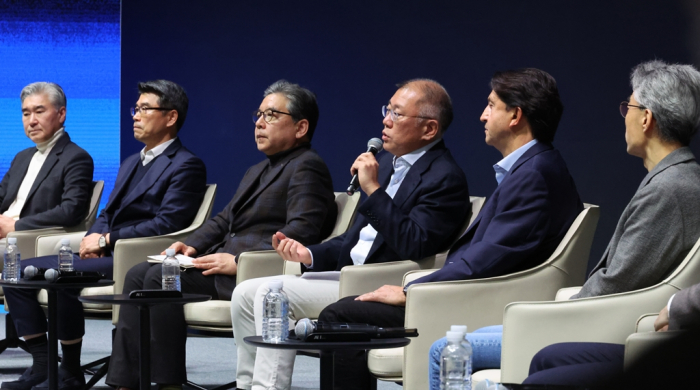
TRUMP, EV CHASM, CHINA
Chairman Chung’s strong urge to be bold in meeting challenges comes as Hyundai Motor Co. and its affiliate Kia Corp. are bracing for a tumultuous future in their US operations, particularly amid the market uncertainty surrounding Donald Trump’s return to the White House and Chinese automakers’ aggressive marketing initiatives.
The Trump administration has vowed to impose higher import tariffs and drastically cut the country’s EV tax credit program – part of the Inflation Reduction Act (IRA) introduced under the Joe Biden administration.
Chung said Hyundai Motor Group has the “DNA of resilience and innovation” that enables the company to overcome any trial or difficulty.

FIRST FOREIGN CEO
The chairman said the appointment of Hyundai Motor’s first foreign CEO, José Muñoz, represents the automotive group’s commitment to innovation.
“We will create an environment where anyone with talent, regardless of nationality, gender, education, or tenure, can become a leader and fully realize their potential through creativity and passion,” he said.
In November, Muñoz, Hyundai Motor’s global chief operating officer and head of North and South American operations, was named to succeed Chang Jae-hoon as Hyundai Motor’s first non-Korean CEO.
While vowing to turn the current difficulties into a new growth opportunity, Muñoz said Hyundai is ready to tackle potential risks associated with the new Trump administration.
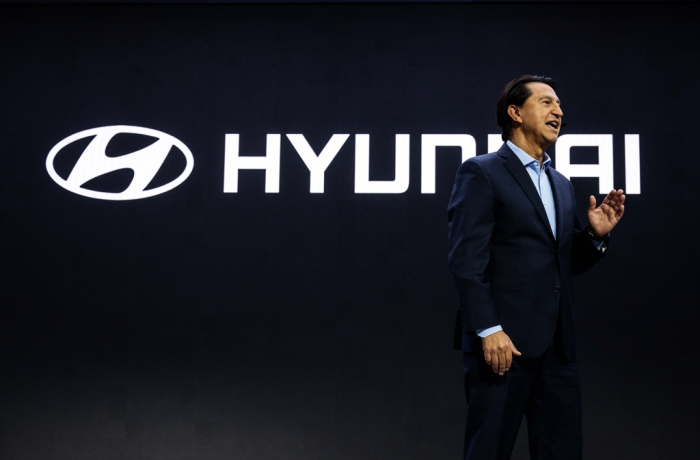
Regarding US EV policy under Trump, Muñoz said he doesn’t want to speculate whether benefits will stay or go, saying, “That’s something I can’t control.”
The CEO, however, said he’s confident that the group can “find a way as always.”
In dealing with challenges, he said Hyundai Motor will leverage its strategic partnerships with US partners, including General Motors Co. and WayMo LLC.
Last September, Hyundai and GM agreed to jointly develop new vehicles and source raw materials for clean-energy cars in line with US efforts to ward off the rise of Chinese rivals amid an EV market slowdown, dubbed the “EV chasm.”
In October, the Korean carmaker forged a multi-year strategic partnership with Waymo, a unit of Alphabet Inc., to jointly develop a Level 4 autonomous vehicle based on Hyundai’s all-electric crossover SUV, the IONIQ 5.
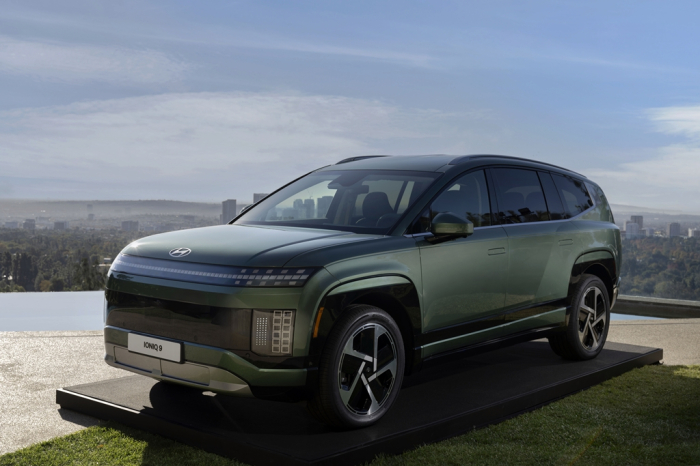
TO RAMP UP US PRODUCTION
Analysts said Hyundai Motor Group, which includes Hyundai Motor, Kia and premium brand Genesis, is expected to ramp up its US production as the new administration is expected to impose 10-20% tariffs on imported cars.
Hyundai operates a plant in Alabama, which has an annual production capacity of 370,000 units. Its newly completed EV-dedicated plant in Georgia, Hyundai Motor Group Metaplant America (HMGMA), can produce 300,000 units annually.
Durin a premiere of the IONIQ 9 at the LA Auto Show in November, Hyundai said it plans to produce the latest model at both Hyundai’s main plant in Korea and HMGMA in Georgia.
At the New Year’s gathering, Hyundai executives, including Vice Chairman Chang Jae-hoon, Hyundai Motor Adviser Sung Kim and Kia CEO Song Ho-sung, held a roundtable discussion to discuss the group’s business strategy.
Sung Kim, who previously served as US Special Representative for North Korea Policy, said: “Tariffs are expected to be a prominent feature of the US government’s trade policy. Adjustments to the IRA are also widely predicted.”
“In this time of change and uncertainty, we need to be more creative and agile in the way we think and operate,” he said.
By Jin-Won Kim and Jae-Fu Kim
jin1@hankyung.com
In-Soo Nam edited this article.



